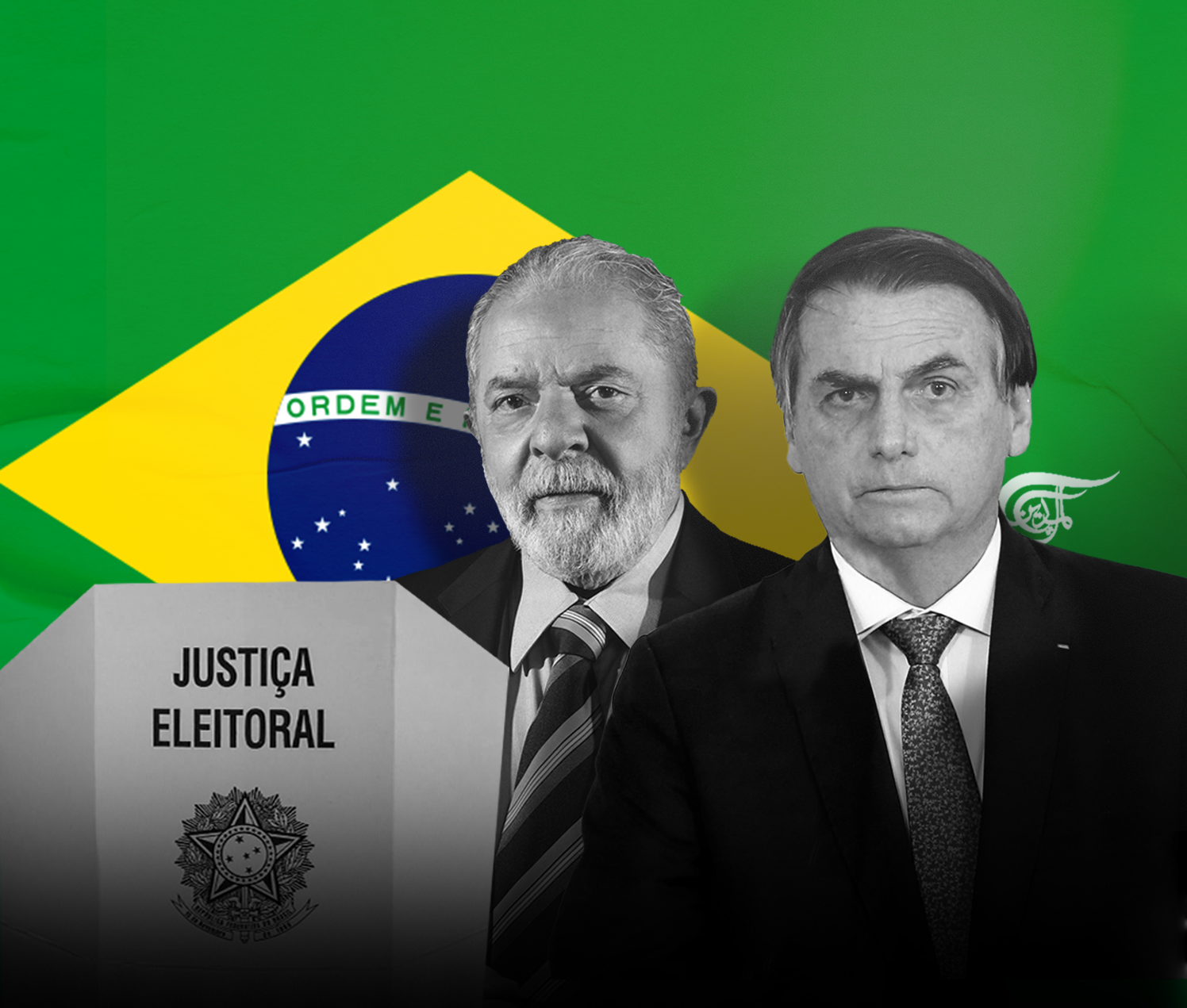The seismic effects of Brazil’s election results of 2022
The polar opposite nature of Jair Bolsonaro and Lula De Silva, the charged domestic atmosphere, and the ability of populist, ultranationalist narratives to pierce through socialist principles are worrying signs for Brazilian politics.
Brazil’s status as one of South America’s most important countries is unrivaled. Its regional influence, economic clout, role in multilateral diplomacy, and contribution to global affairs have meant that leaders in Brasilia will always be closely scrutinized and evaluated for deliverables on the local, regional and global stages. In 2022, the seismic effects of the highly charged Presidential election will be felt as left-wing socialist Lula De Silva pits himself against the demagoguery of nativist President Jair Bolsonaro. Interesting dynamics will unfold amid divisions and polarization which have global implications.
After entering into a run-off with no candidate securing a requisite fifty percent majority, embattled President Jair Bolsonaro ensured a stunning comeback for his ‘Liberal Party’ after results showed a 48.2% to 43.2% in favor of De Silva. This came despite the latter securing a comfortable first-round victory. Bolsonaro’s ability to bounce back is alarming given his promotion of nativist, racist, and demagogic Brazilian ideologies which seeks greater economic prosperity for the elite in the absence of social welfare. Bolsonaro’s remarks on the Palestinian issue, the status of indigenous Brazilians, his apathy towards the incineration of the Amazon rainforest, and his blatant disregard for environmentalism have embellished his populist credentials and controversially contributed to his widespread appeal. His retention of the Presidency would mean that South America’s most powerful country will once again embark on the path of denialism and bigotry over international reputation, societal cohesion, and inclusivity which is a damning indictment.
Conversely, Bolsonaro’s rival Lula De Silva is riding on a wave of surging support since his conviction for money laundering was overturned in 2021. The bias and lack of jurisdiction of the Brazilian judiciary were cited as the reason for De Silva’s incarceration as the former President spent 580 days without accountability. The ‘Free Lula Movement’ consisting of Brazilian social democrats was born out of this unlawful detention, and his ability to galvanize support through a progressive platform against Bolsonaro’s crass populism in 2022 gives him a decent chance to emerge victorious. De Silva has constantly pointed out at the Liberal Party’s inability to address soaring inflation and the residual effects of the COVID-19 pandemic to brandish his credentials. That rising tide, however, remained short-lived as Bolsonaro’s organized political force resorted to castigation and mudslinging over both De Silva’s release and his lofty promises.
The polar opposite nature of the candidates, the charged domestic atmosphere, and the ability of populist, ultranationalist narratives to pierce through socialist principles are worrying signs for Brazilian politics. The thin margin that separates the candidates and constant doubt casted over the fairness of the electoral vote from Bolsonaro’s supporters has meant that political unrest is likely. As is the case with far-right movements across the globe, their ability to disrupt the electoral system and dissuade their constituencies has always led to anarchy. Think of the January 2021 Capitol Hill attack in the United States when then US President Donald Trump made appeals to his far-right supporters base to refuse the formalization of Joe Biden’s victory in the 2020 Presidential elections in the US Congress. Important to note that during the Trump years, Bolsonaro’s close relationship with the white supremacist President played a key role in promoting the conservative lobby into the mainstream and preventing leftists such as De Silva and his aides to seek any relief from corruption charges. Instead, Trump’s opponent and social democrat, Bernie Sanders rallied for De Silva’s release.
At the global level, a Bolsonaro victory also spells trouble. The gross undermining of multilateral norms and traditions by right-wing populists ranging from Viktor Orban in Hungary to Marine Le Pen in France will continue in South America should the Liberal Party form a government. Bolsonaro’s victory in the run-off election would also become an anomaly in a continent reeling from US neo-imperialism, with social democrats being elected to offset the structural failures of the past. Think of Chilean President Gabriel Boric, or the current President of Colombia, Gustavo Petro who have vouched for addressing inequities of the past, promoting greater social welfare, preventing polarization on ethnic lines, and contributing constructively to multilateral organizations such as ‘Mercosur.’ Such policies are key to promoting free trade amongst South American states with the goal of establishing a common market. Bolsonaro’s rise can upend such meaningful contributions from Brazil which is an affront to regionalism, globalism, and the international rules-based order.
Secondly, at the macro level, a Bolsonaro Presidency will develop strong connections with far-right politics in Europe which range from important gains for nativists in Spain and Sweden to Italy. A proclivity towards bilateralism instead of globalism will be the course of action undertaken whereby right-wing leaders will vouch for domestic industrialization at the expense of a more equitable society. Highly Islamophobic in his orientation, Jair Bolsonaro’s platform also mixes toxic masculinity with an anti-immigration agenda which is similar to what is witnessed in Hungary in the form of Euro-skepticism. Beyond immigration and religious divisions are climate change and COVID-19 denialism as central bedrocks of campaigning and policy-making in each of the respective conservative governments in Europe and the Americas. Brazil can ill afford such denialism as GDP forecasts for 2022 stands at an abysmal 2.7% despite the fact that minor boosts have fueled Bolsonaro’s election campaigning at the later stages of his tenure. Globally, such growth rates are secondary considerations to positive contributions from Brazil in initiating global responses to the pernicious effects of the Ukraine war and the presence of a pandemic that has taken millions of lives across the world.
The results of the Brazilian election of 2022 will thus, have an enormous impact on the future of the international and regional system as well as climate advocacy, environmentalism, and social equality. Brazil’s importance as a major regional power cannot be understated neither are the policies of the Presidency and a Jair Bolsonaro redux can have catastrophic consequences.

 Hamzah Rifaat
Hamzah Rifaat
 6 Min Read
6 Min Read











